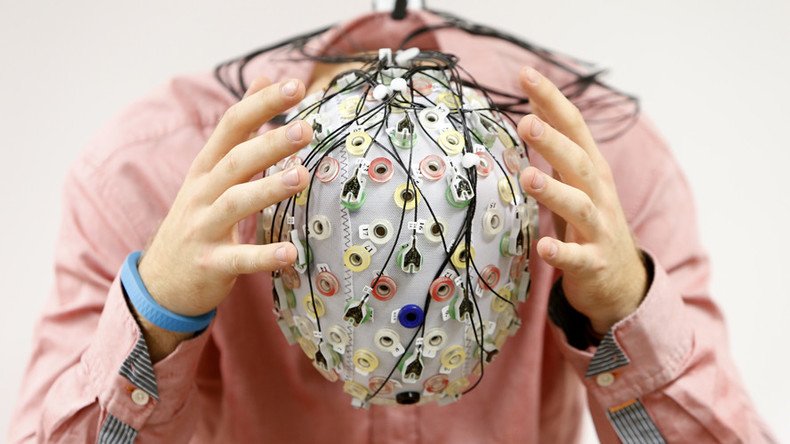Evidence of ‘magnetic’ sixth sense in humans, scientist claims

A US scientist believes he has discovered clear evidence of a lost human ‘sixth sense’ - one similar to that which enables animals to navigate the globe by detecting magnetic fields.
For years, planetary scientist Joseph Kirschvink has been trying to find a definitive answer to a hotly debated theory that suggests humans have an in-built magnetically guided ‘compass’ sense.
The California Institute of Technology researcher acknowledges the topic of ‘magnetoreception’ is scientifically controversial, since the theory has “been something of a romping ground for quacks and charlatans.”
Presentation on magnetism in animals at #Caltech by Professor Joseph Kirschvink #CSA#Geologypic.twitter.com/k4iD5SPEm5
— Dominique Evans-Bye (@StyxDvr) May 23, 2016
In 2001, a research team led by Kirschvink described magnetite-based magnetoreception as an “attractive hypothesis to explain long-distance animal migration.”
“Earth’s magnetic field is the only geophysical signal that gives consistent information about position and direction at virtually all times and in all environments,” stated the team’s paper explaining the background to the phenomenon.
Animals have been found to possess subtle magnetic detecting power in previous studies. A 2003 scientific paper, in which Kirschvink was also involved, discovered a “magnetic sense” in aquatic vertebrates.
However, Kirschvink is now working to publish the findings of an admittedly small 24-person experiment which he claims gave a result proving once and for all that “humans have functioning magnetoreceptors,” report Science Mag.
During the experiment, human test subjects were placed in specially designed, darkened space known as a Faraday cage, where they were then exposed to a cycle of magnetic fields similar to the Earth’s.
Through EEG testing, Kirschvink was able to witness repeated active brain responses to the presence of a magnetic field - a consistent reaction which up until now has reportedly eluded the scientific community.
Speaking to Science Mag, Kirschvink said the sense, which happens unconsciously, is “part of our evolutionary history.”
He plans to replicate his findings in the Southern Hemisphere, having already repeated the experiment successfully in California and Tokyo.













